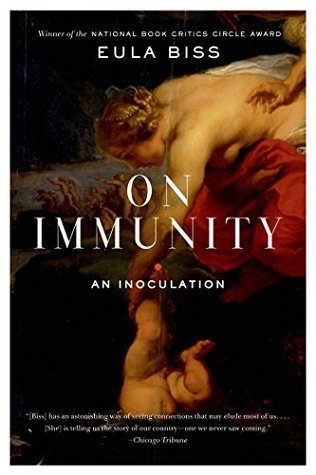More on this book
Community
Kindle Notes & Highlights
Even a modestly informed woman squinting at the rough outlines of a compressed history of medicine can discern that quite a bit of what has passed for science in the past two hundred years, particularly where women are concerned, has not been the product of scientific inquiry so much as it has been the refuse of science repurposed to support already existing ideologies. In this tradition, Wakefield’s study forwarded a hypothesis that was already in the air, a hypothesis that held particular appeal for women still haunted by the legacy of the refrigerator mother theory. Those who went on to use
...more
Immunity is a public space. And it can be occupied by those who choose not to carry immunity. For some of the mothers I know, a refusal to vaccinate falls under a broader resistance to capitalism. But refusing immunity as a form of civil disobedience bears an unsettling resemblance to the very structure the Occupy movement seeks to disrupt—a privileged 1 percent are sheltered from risk while they draw resources from the other 99 percent.
My conversation with her reminds me of Eve Sedgwick’s essay on paranoia, in which she recounts a conversation with her friend Cindy Patton during the first decade of the AIDS epidemic. Sedgwick asked Patton what she thought about rumors that the HIV virus was part of a plot engineered by the US military, and Patton said she couldn’t muster much interest. “I mean,” Patton said, “even suppose we were sure of every element of a conspiracy: that the lives of Africans and African Americans are worthless in the eyes of the United States; that gay men and drug users are held cheap where they aren’t
...more


